FCC upholds net neutrality with new rules
US web activists win long fight against telco providers to protect a free and open internet
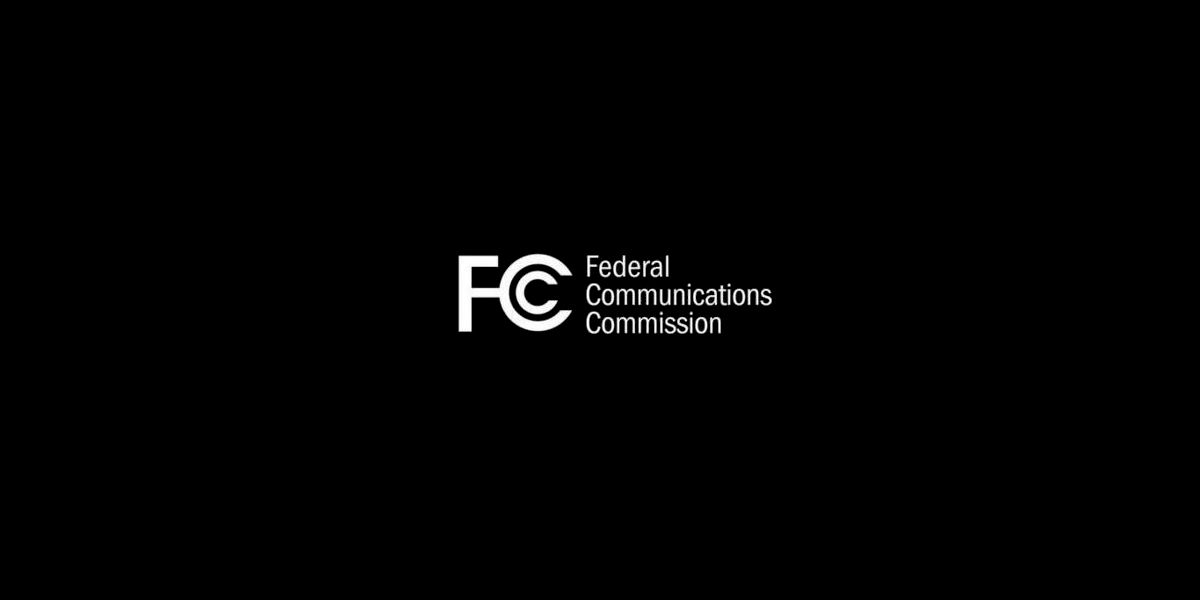
A US regulator guaranteed the future of net neutrality yesterday, approving rules to govern the internet like a public utility following years of fierce debate.
The Federal Communications Commission (FCC) voted three to two to adopt rules that ensure a free and open internet for all, quashing telco hopes of creating internet fast lanes' where some web content can be accessed faster for a fee.
FCC chairman and former telecoms industry lobbyist Tom Wheeler said: "The American people reasonably expect and deserve an internet that is fast, fair, and open. Today they get what they deserve: strong, enforceable rules that will ensure the Internet remains open, now and in the future.
"There are three simple keys to our broadband future. Broadband networks must be fast. Broadband networks must be fair. Broadband networks must be open."
The new rules will ban any fast lanes', which the FCC claimed would divide the country into haves' and have-nots' depending on their ability to pay for faster access.
Blocking legal content would also be banned, a concern raised by internet activists who believed telcos would prevent access to rival services.
Also illegal under the new legislation is any move to slow down or degrade access to any legal content on the web.
Get the ITPro daily newsletter
Sign up today and you will receive a free copy of our Future Focus 2025 report - the leading guidance on AI, cybersecurity and other IT challenges as per 700+ senior executives
"These enforceable, bright-line rules assure the rights of internet users to go where they want, when they want, and the rights of innovators to introduce new products without asking anyone's permission," said Wheeler.
The FCC heard from such luminaries as World Wide Web inventor Sir Tim Berners-Lee, who told the court in a video link that guaranteeing an open internet would protect innovation and free speech.
President Barack Obama praised the decision in a statement last night after issuing guidance last year about how he'd like the internet to be regulated.
He said: "I ran for office because I believed that nothing can stand in the way of millions of voices calling for change.
"That's the backbone of our democracy and you've proven that this timeless principle is alive and well in our digital age."
However, broadband providers reacted bitterly to the news, with the National Cable and Telecommunications Association claiming the rules would raise broadband costs and reduce infrastructure investment.
The association said telcos would be forced to spend more on meeting the new rules and regulations, leaving them with less money to invest in new coverage or services.
Meanwhile Verizon released a statement on the ruling in typewriter font, saying the decision "imposes 1930s rules on the internet".
However, the FCC has so far declined to publish a full copy of the new rules, partly because it says it must respond to Republican dissent first.
Providers like Verizon and AT&T are likely to issue legal challenges against the ruling.
-
 Cleo attack victim list grows as Hertz confirms customer data stolen
Cleo attack victim list grows as Hertz confirms customer data stolenNews Hertz has confirmed it suffered a data breach as a result of the Cleo zero-day vulnerability in late 2024, with the car rental giant warning that customer data was stolen.
By Ross Kelly
-
 Lateral moves in tech: Why leaders should support employee mobility
Lateral moves in tech: Why leaders should support employee mobilityIn-depth Encouraging staff to switch roles can have long-term benefits for skills in the tech sector
By Keri Allan
-
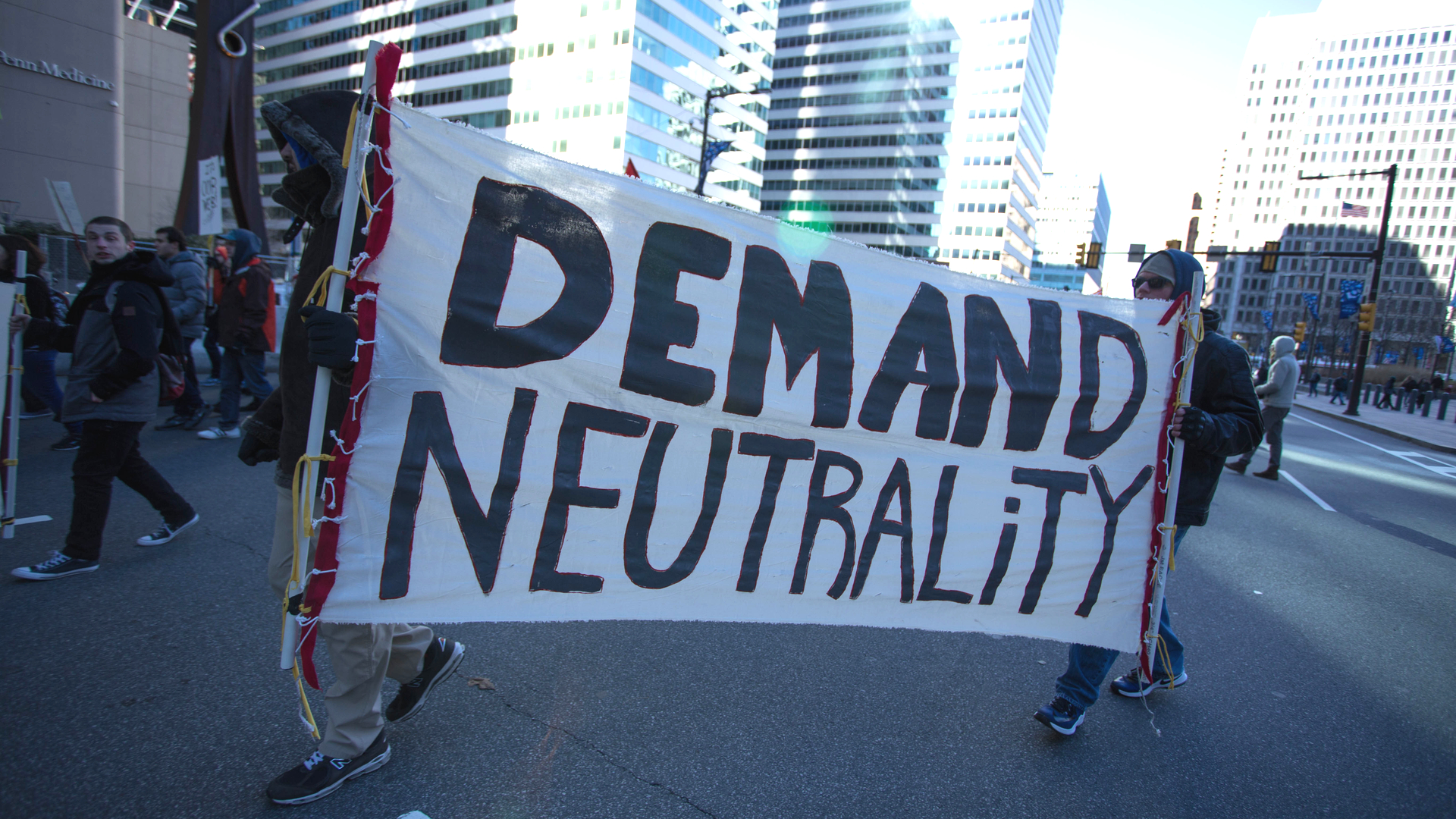 US appeals court won't reconsider Net Neutrality repeal
US appeals court won't reconsider Net Neutrality repealNews BT and Microsoft among tech companies who backed the request
By Sabina Weston
-
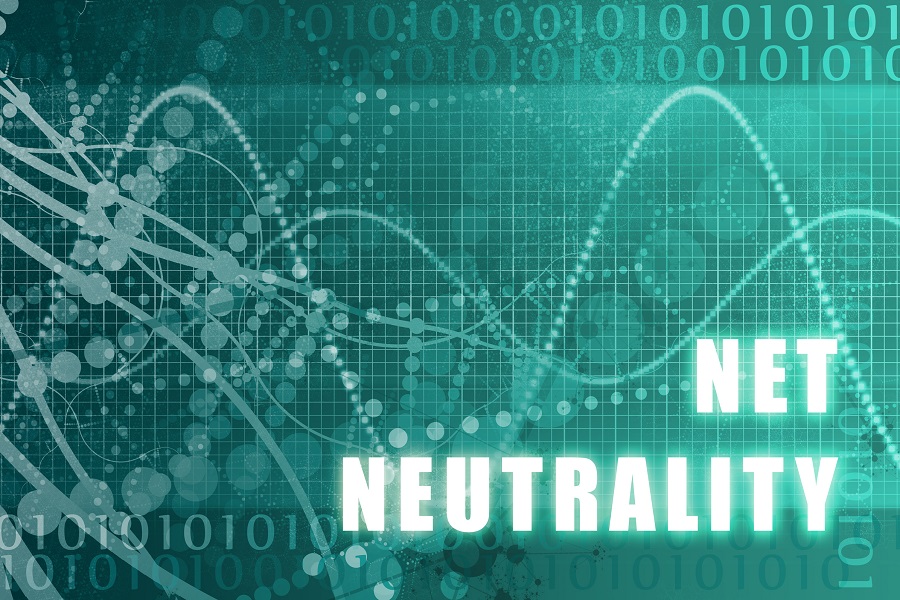 What is net neutrality?
What is net neutrality?In-depth We look at what net neutrality is and explore surrounding issues...
By Adam Shepherd
-
 US Congress wants tech CEOs to testify on net neutrality
US Congress wants tech CEOs to testify on net neutralityNews Congressional intervention could end the battle between the FCC and tech firms
By Dale Walker
-
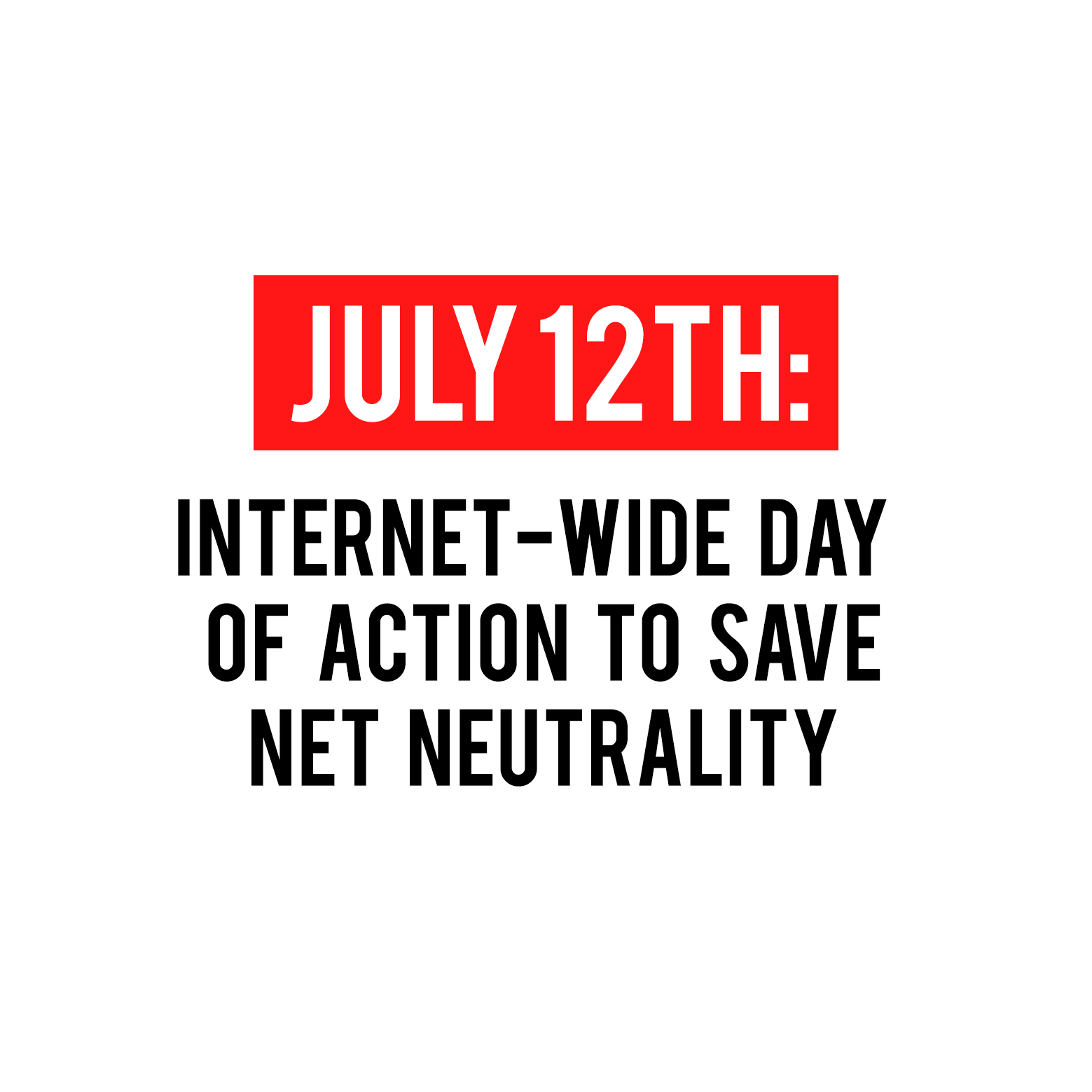 Tech firms come together for 'net neutrality' protest
Tech firms come together for 'net neutrality' protestNews Thousands of websites are conducting a huge online protest against an FCC proposal
By Zach Marzouk
-
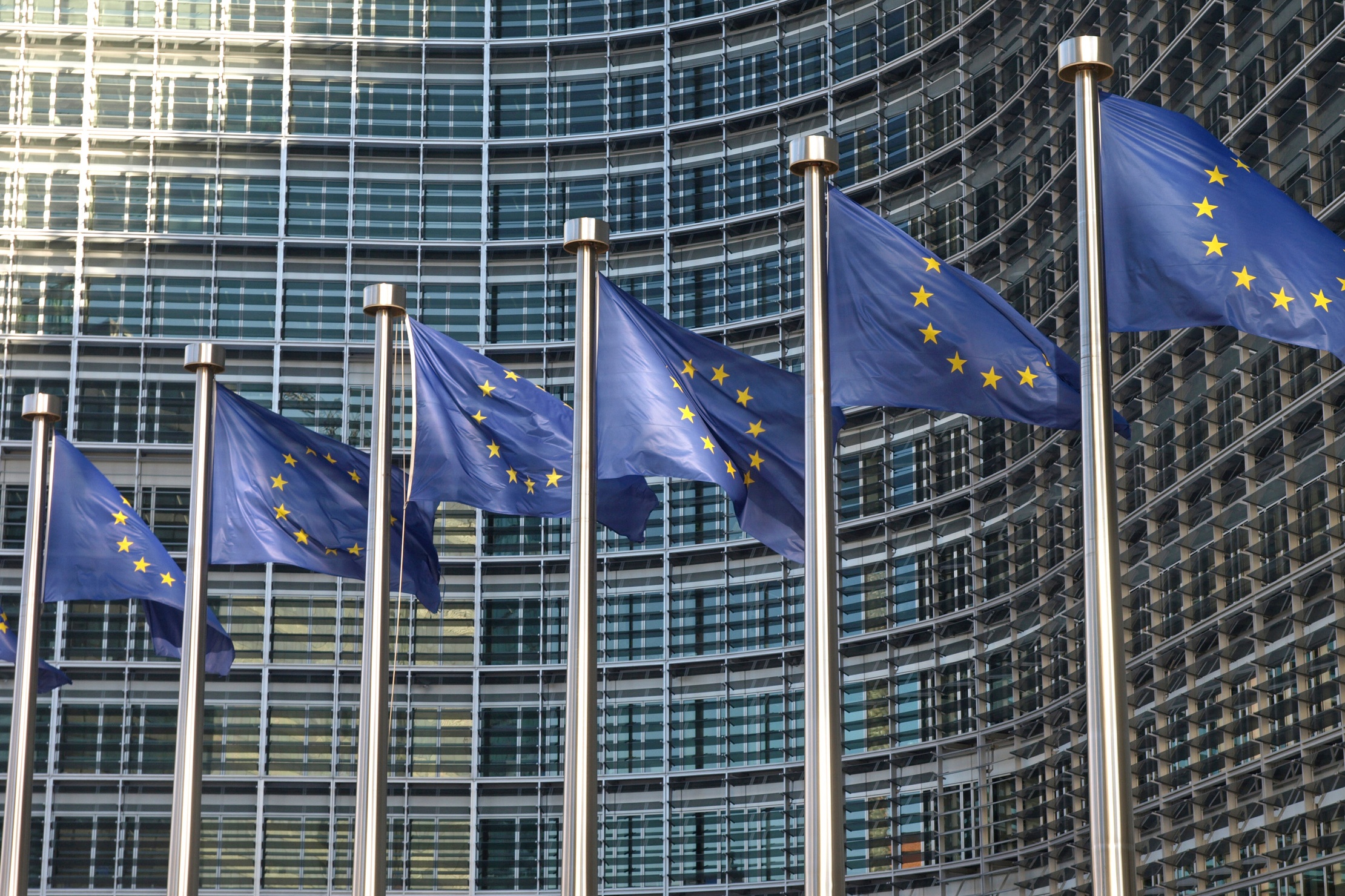 EU publishes net neutrality guidelines
EU publishes net neutrality guidelinesNews Regulators get tough on protecting net neutrality
By Rene Millman
-
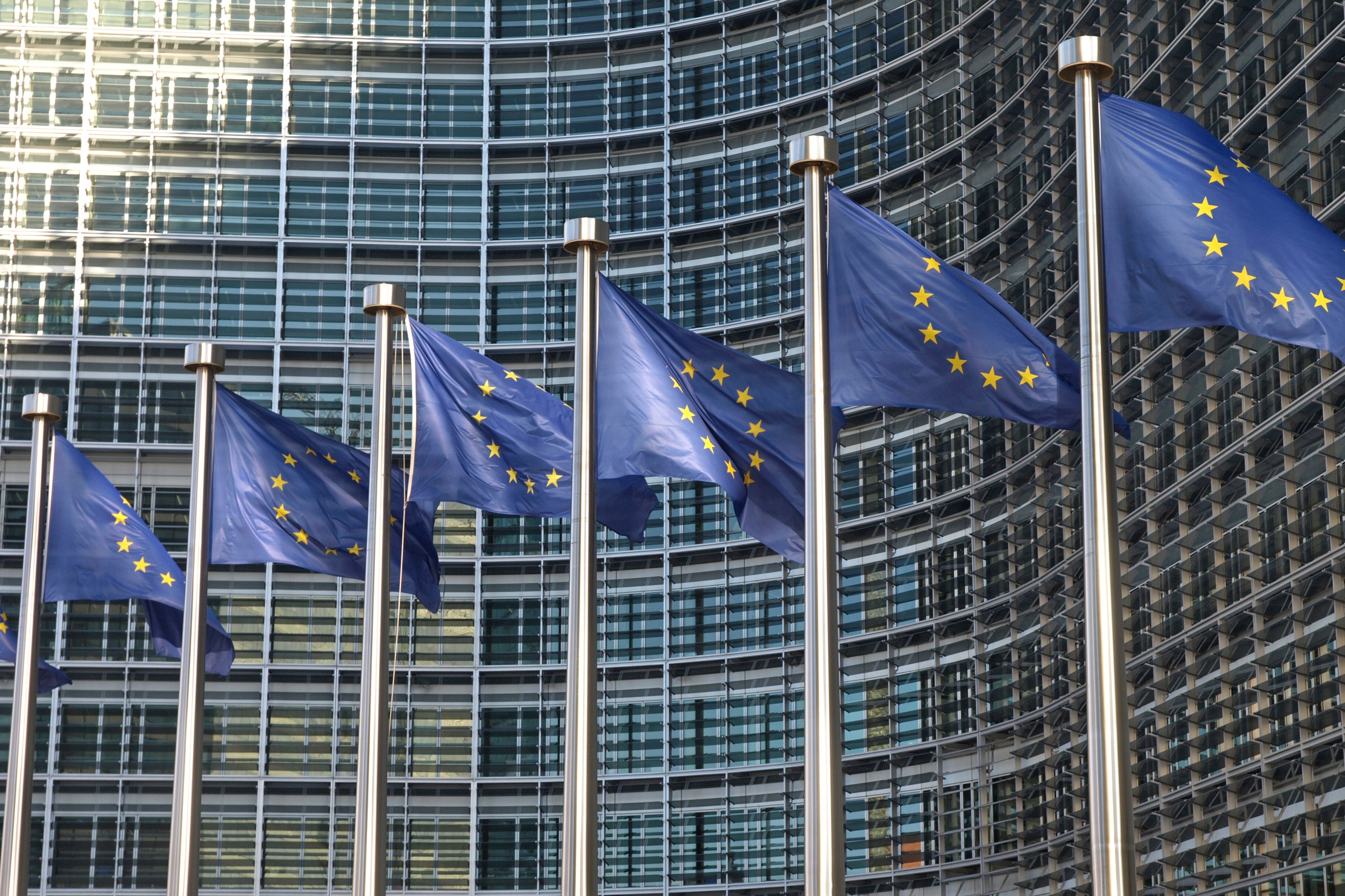 Telcos offer Europe 5G networks if EU weakens net neutrality
Telcos offer Europe 5G networks if EU weakens net neutralityNews Mobile companies say net neutrality threatens their returns on investment in 5G
By Aaron Lee
-
 Free Basics: India blocks Facebook's web service
Free Basics: India blocks Facebook's web serviceNews Telecom regulator rules that Free Basics would violate net neutrality
By Caroline Preece
-
 EE, Virgin Media & Vodafone back Net Neutrality push
EE, Virgin Media & Vodafone back Net Neutrality pushNews EE, Virgin Media and Vodafone are the latest UK service providers to back Net Neutrality
By Caroline Preece